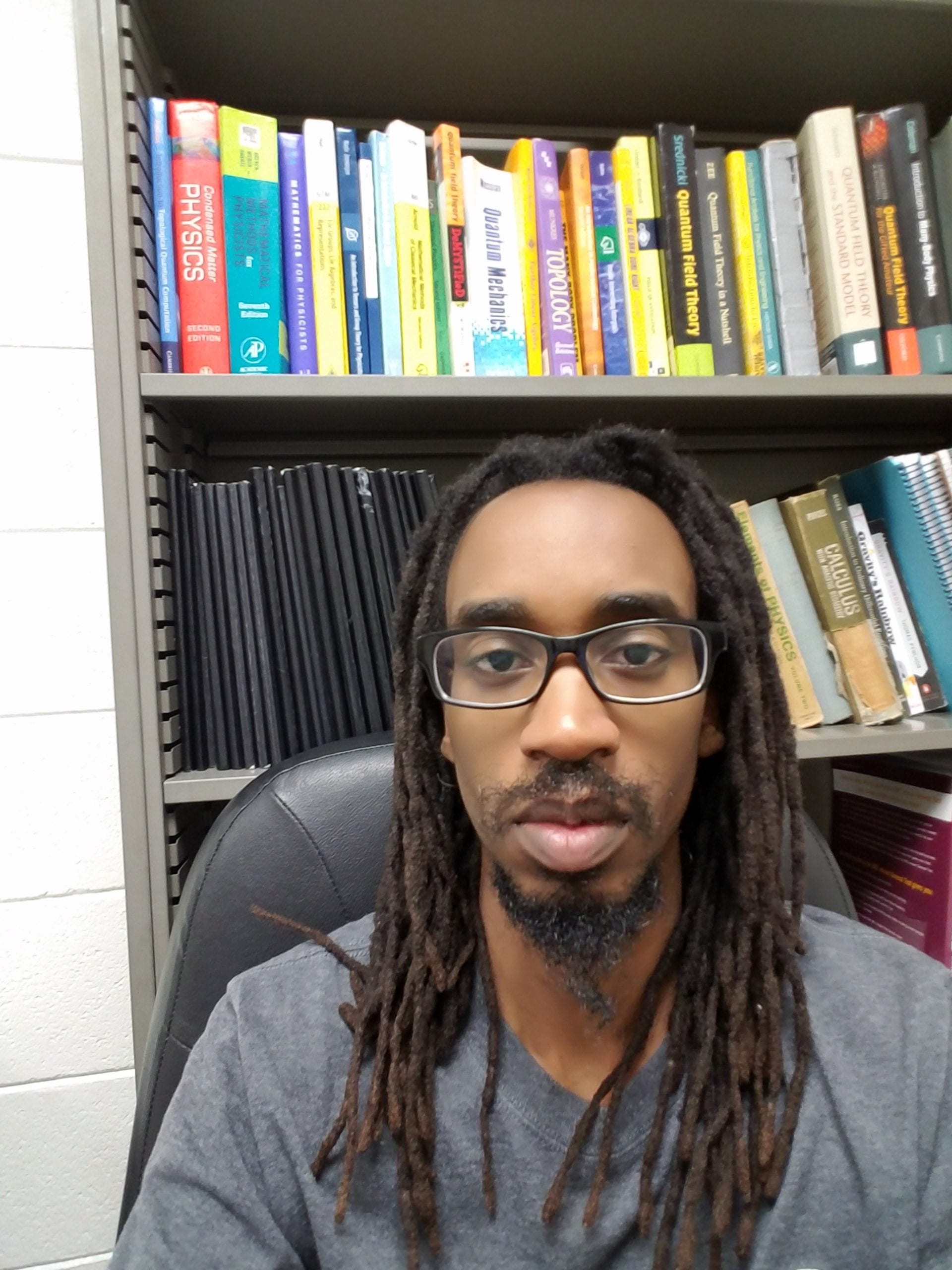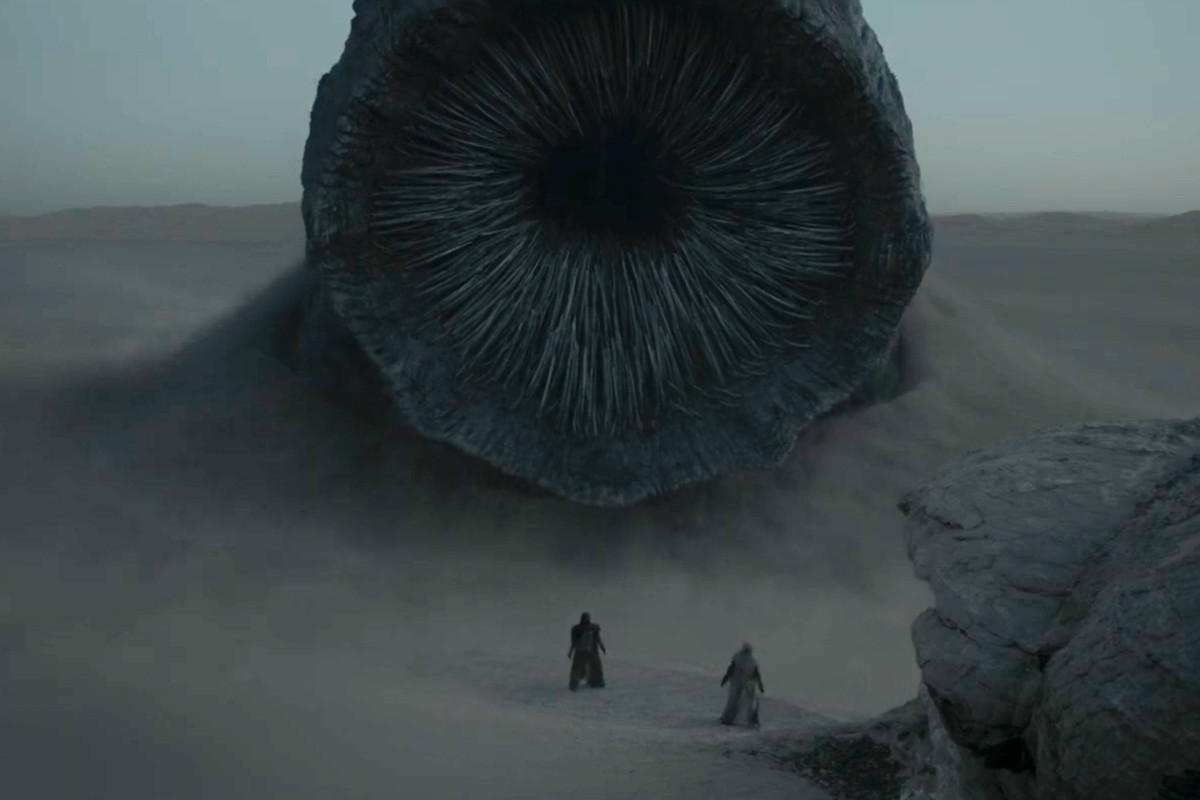Pick an arbitrary person on the street and ask them how many senses we have, and without a moment’s thought they will say, “fiveâ€, thanks to Aristotle. But ask a neuroscientist and the answer will certainly be above 20. After all, why can't a sense of balance be an addition or proprioception : the sense of the relative position of one's parts or perhaps kinesthesia: a sense of movement. Suppose then, you ask this benighted person, how many states of matter there are, the answer of course will mostly like be three: solids, liquids and gases. Why three? Well, Empedocles said four: fire, air, water and earth. We certainly don't believe fire is a state of matter nowadays, so that leaves the other three. Like neuroscientists, physicists have gone beyond Empedocles and would give a much longer list than is given by the layman.
A simple question, like what constitutes a state of matter, is surprisingly complicated and rich. How might a complication arise? Consider the following, in thermal equilibrium (a system that has one temperature throughout) a state of matter is, surprisingly, completely described by few parameters: its volume, pressure and temperature. These will not vary independently but will be related by a so called equation of state. For different systems the equation of state will be different. Therefore, one can imagine varying temperature, volume, pressure or a combination of the three and get different states. This allows us to draw a so called phase diagram.

Above is an example of a phase diagram in which the two things we can vary are temperature and pressure. The boundaries correspond to demarcations of different phases. For example if one starts in the gas phase, keeps pressure constant but reduces temperature the diagram shows the system will go into the solid phase at some point.
What is at first banal to point out but is actually a very deep idea is the following: By varying temperature and pressure continuously I can change a gas into a liquid but I can't do the same for the gas into a solid ; this is what the boundaries imply (water is a strange exception which is why the boundary for water is dotted ).
This is to say, if I started with a liquid and changed the pressure and temperature in some appropriate manner there would not be a point in time in which I suddenly got a liquid.
Note: If I start in a gas phase, keep pressure constant , I will reach the boundary between solid and gas.This boundary denotes a phase transition, something dramatic happens at this boundary. This is precisely what I can avoid if I choose the right path to move from gas to liquids.
Given the right temperature and pressure, liquid and gases are not different. But if this is the case, what right do I have to call gases and liquids distinct states? We just happen to live at temperature and pressures where liquids and gases look very different.
What properties must I look at in order to declare I have a new state of matter? Well, if you consider the atomic structure of atoms, then presumably a state in which all the electrons are stripped from their nuclei is another state of matter – a plasma. This happens when we have very strong electromagnetic fields; lightning is an example of a plasma. “ Ah! Then there are four states of matter, †I hear you say. Indeed, but what if I cool liquid helium so that it begins to move around with absolutely no viscosity so that a bucket of superfluid helium creeps up the walls. Is it still a liquid? What about a state of matter that does not interact with anything at all, including light? In other words, it can't be seen, has no electrical properties, has no atomic structure; it does gravitate though so we know it exists. Are we up to six now? Just in case you were wondering, the last example is called dark matter, but it might as well be called “Fredâ€, we haven't the slightest clue what it is.
“ Is this what my tax dollars pay you to do?â€
Like with most questions in basic physics, these considerations look academic, in this sense of being practically useless, (I suppose there is no distinction in meaning if academics are useless, ipso facto anything they do is useless). Before you consider the matter closed, contemplate for a second the following situation: your electric bill for the month is 5 dollars, and you are able to hop onto a train and move 500 miles in a mere hour at a menial cost of 75 cents. Your dear son complains that that teleportation protocol for your quantum money was not initiated. What in the world could make these fantastic situations a reality? The answer is new states of matter.
Your electric bill will be cheap because physicists have found high temperature superconductors that allows electric companies to send you electricity without any getting dissipated (It turns out because of dissipative forces a high fraction of energy is lost in electric cables). The cost of electricity would dramatically drop. The same state of matter could be used to create superconducting railways allowing for faster speeds using less energy. Your quantum money is stored in quantum bits using quantum hall spin states used in a quantum computer. And by the way, the internet as it exists in this world, would be completely useless in this new world. The reason being a quantum computer can break encryption schemes used today in a matter of weeks i.e you could not use Amazon. If this does not impress you, consider the fact that the fastest supercomputer today would take the age of the universe to break the encryption schemes.
Of course, I have not explained the more exotic states of matter precisely because they require knowledge of twentieth century physics and some like quantum hall spin states have not been found in nature or prepared in the lab. But more to the point, the next time you complain about how we are spending money on useless things rather than solving more important problems like curing cancer or achieving world peace, think of the world I tried to give you a glimpse of and dare to dream. Some of us are thinking on the century time scale.
About the author:
 |
Amara Katabarwa is a PhD candidate in the Physics and Astronomy Department at the University of Georgia studying His research focus is understanding Decoherence in Quantum Circuits and near term application of first generation Quantum Computers. In his free time he likes to read or guiltlessly laze about. He can be contacted at akataba@uga.edu. |
About the Author
-
athenssciencecafehttps://athensscienceobserver.com/author/athenssciencecafe/April 17, 2020
-
athenssciencecafehttps://athensscienceobserver.com/author/athenssciencecafe/April 12, 2020
-
athenssciencecafehttps://athensscienceobserver.com/author/athenssciencecafe/April 3, 2020
-
athenssciencecafehttps://athensscienceobserver.com/author/athenssciencecafe/March 30, 2020







